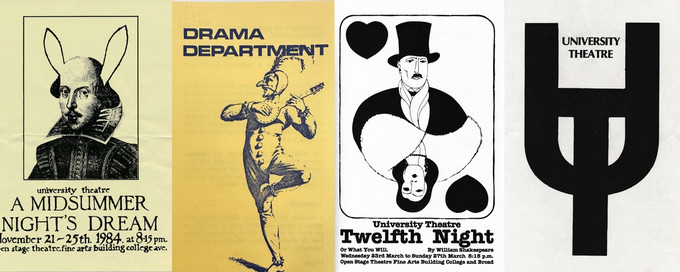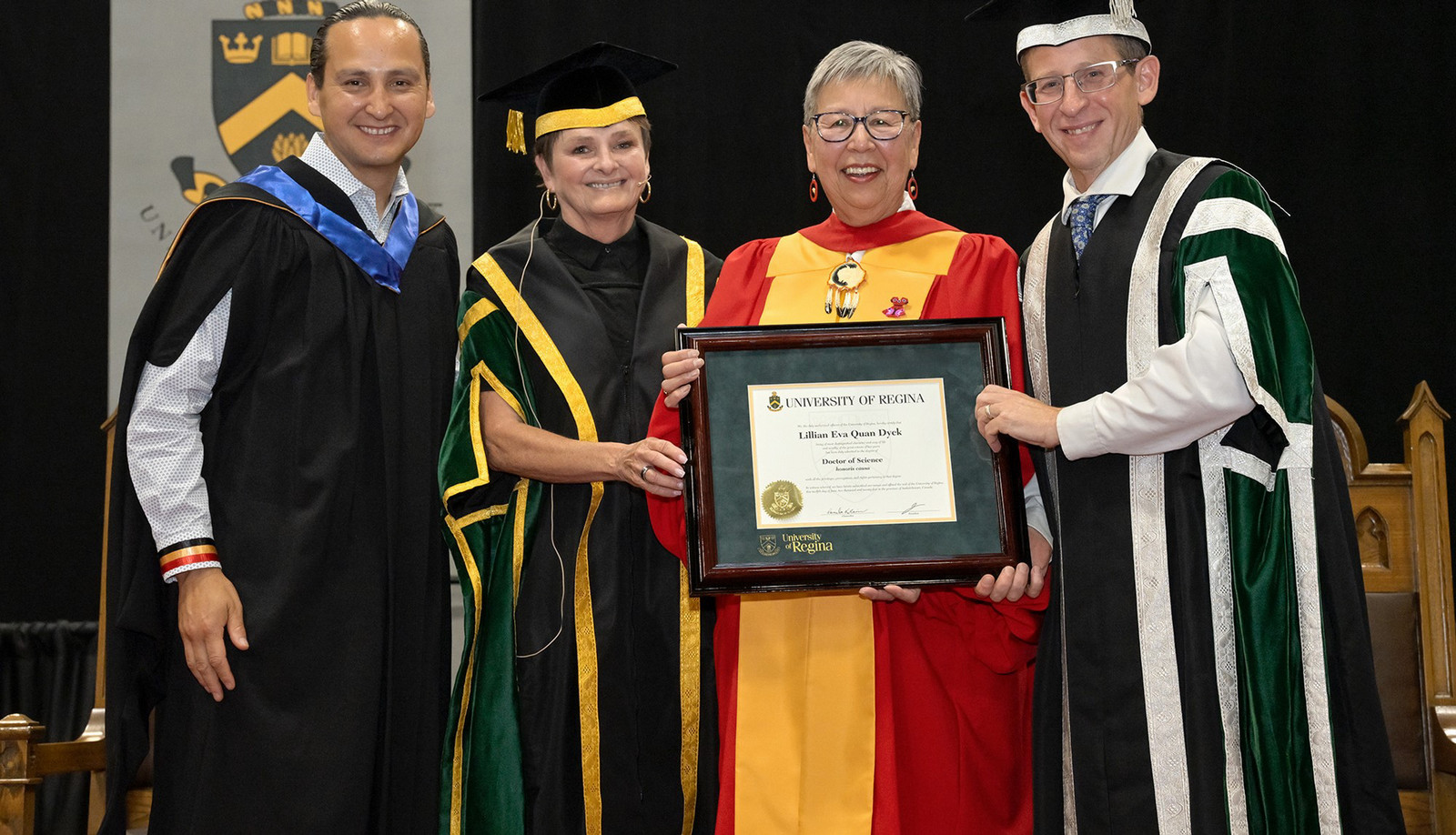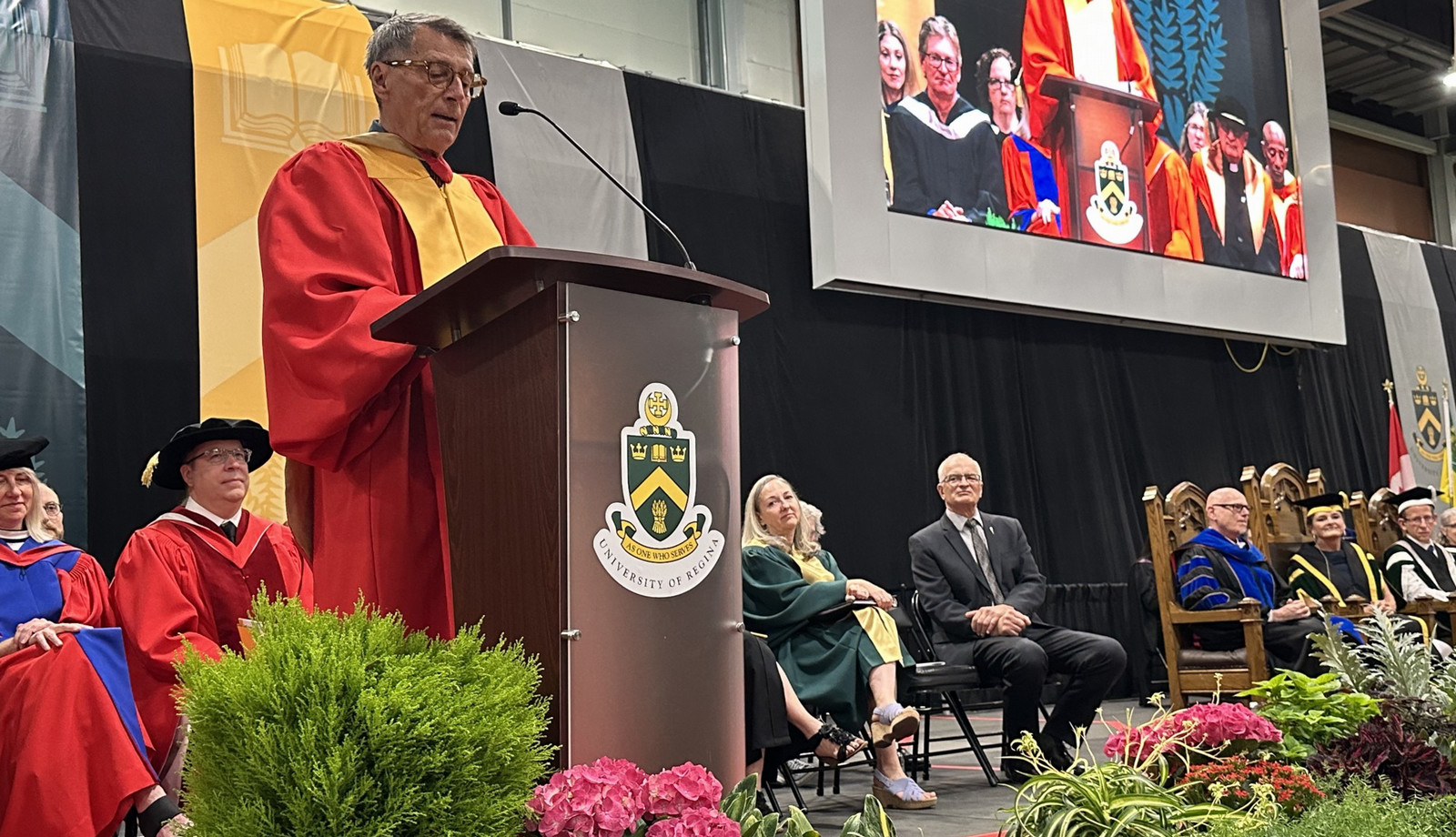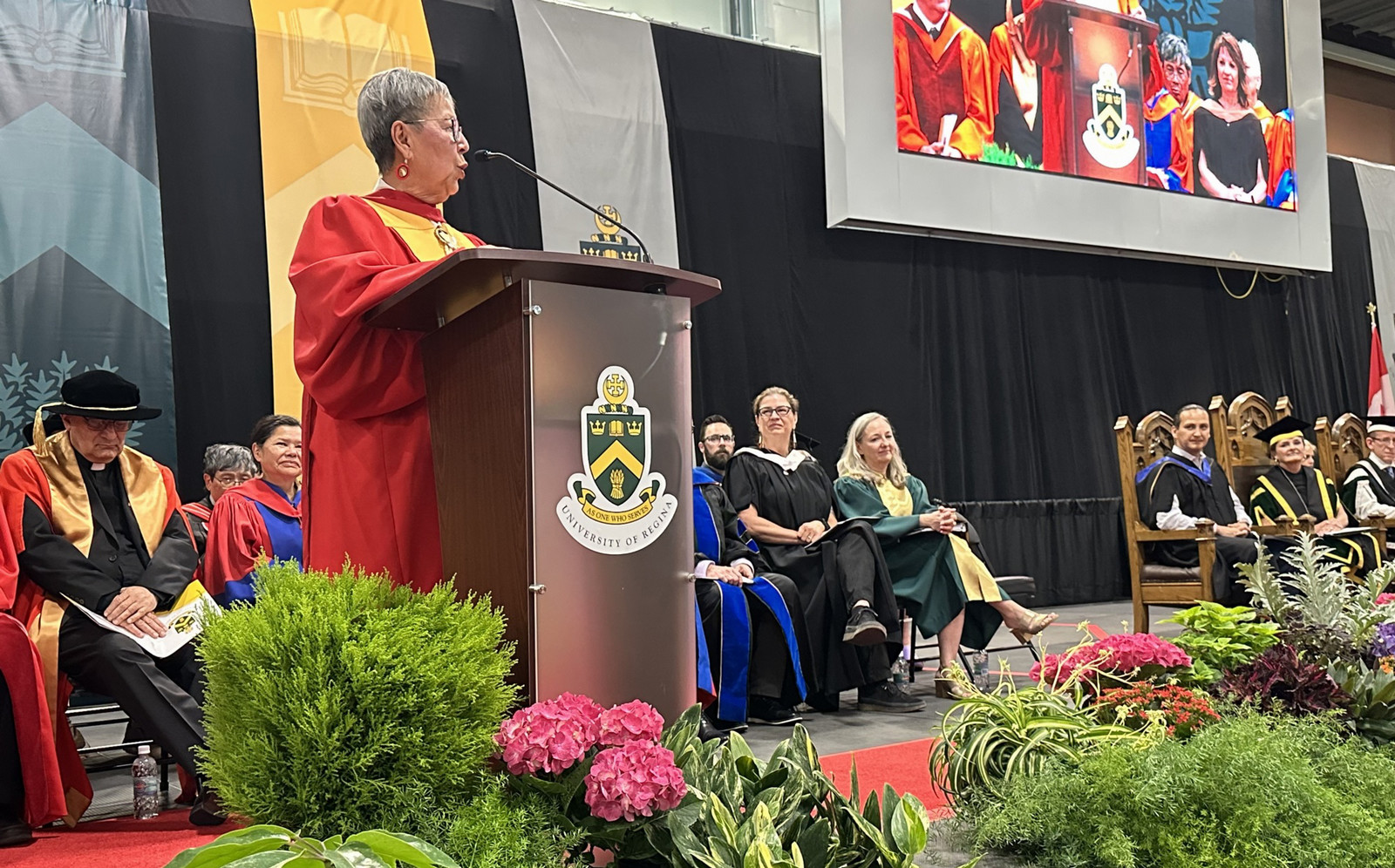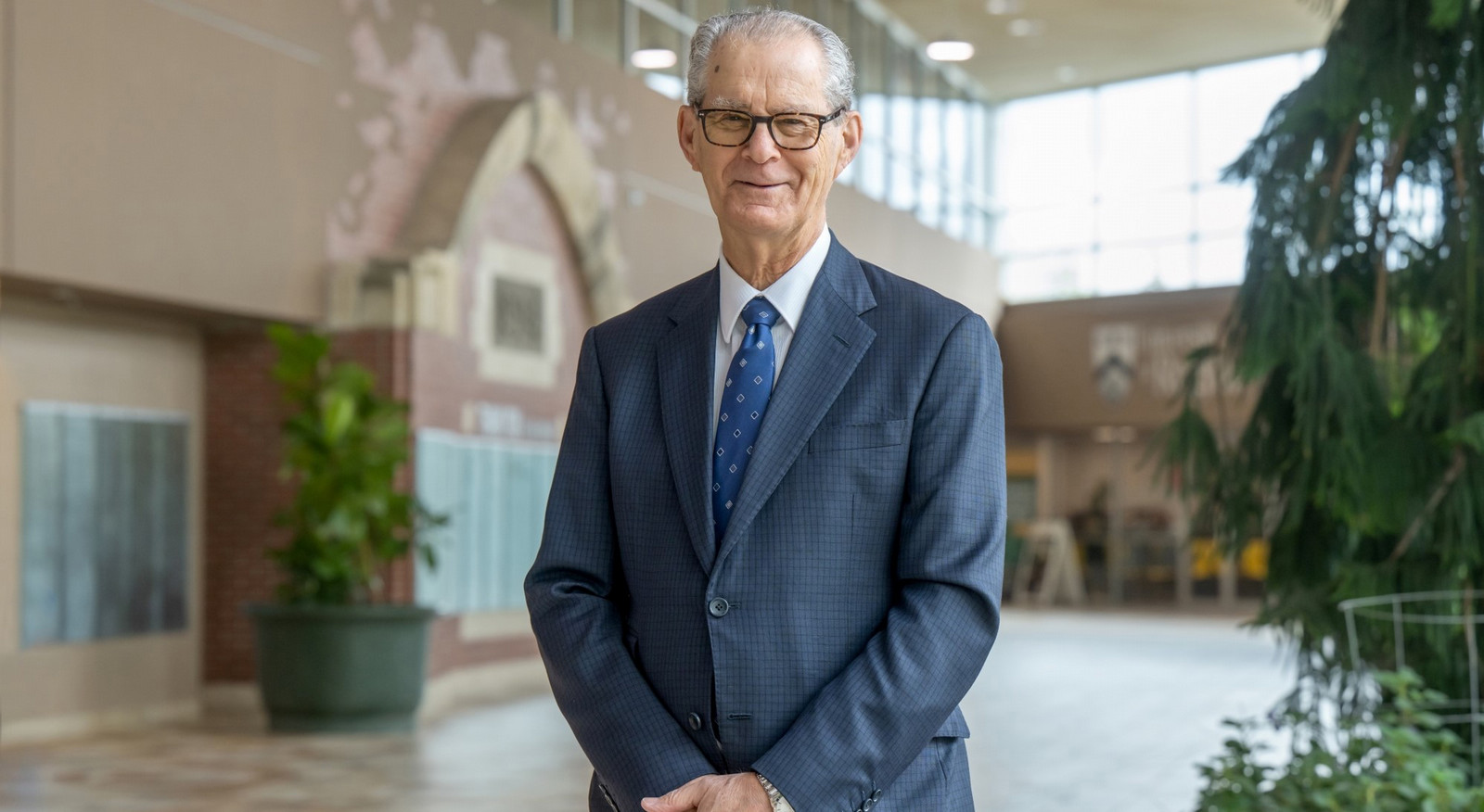Lights up on a legacy of imagination, resilience, and bold reinvention. For over 50 years, the University of Regina’s Theatre Department has met challenge with creativity and embraced change by rewriting the script on what theatre education can be, to better serve students and the ever-changing world they’re preparing to step into.
We shifted our thinking. Instead of saying, ‘This is what an actor must be,’ we focus on developing the individual artist — Kathryn Bracht, recent U of R Theatre Department Head and professor, Faculty of Media, Arts, and Performance.
The First Act
The curtain first rose on the University of Regina’s Theatre Department in 1967, then known as the University of Saskatchewan, Regina Campus Drama Department. Students didn’t just study theatre, they lived it. With two major productions each semester, they collaborated with faculty on everything from acting and stage management to set and costume design. Traditions like “Work-Through Weekends” – the final push before a show – brought late nights, frantic finishing touches, and the kind of creative chaos that fueled a tight-knit, electric community.
“It was a really special–unique–bizarre–wacky place,” recalls Wes Pearce, a 1988 graduate and now a professor in the U of R’s Theatre Department. “But it felt like our place.”
By 1995, the department introduced a Bachelor of Fine Arts degree with concentrations in Acting, Design, and Stage Management.
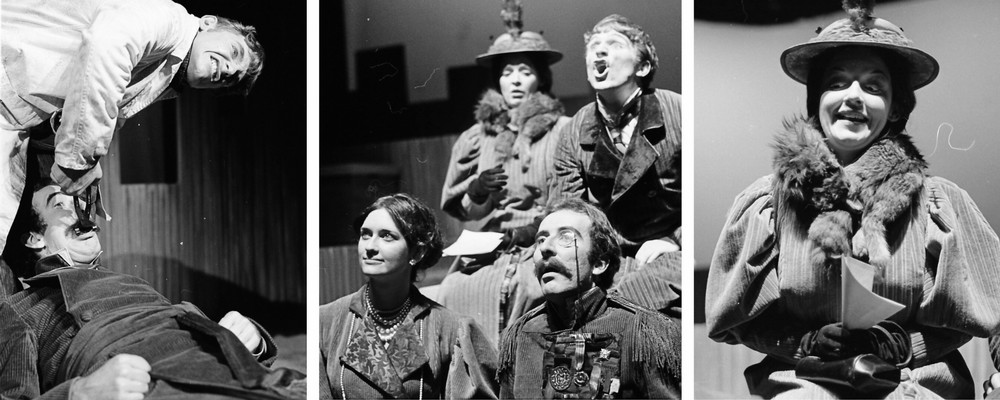
A New Home
In 1997, the department moved into the newly built Dr. William Riddell Centre on the U of R’s main campus. With state-of-the-art facilities and a fresh wave of faculty, including familiar names like Wes Pearce and, by 1999, Kathryn Bracht (recent department head and professor), the move marked the beginning of a new era.
The department embraced a traditional regional theatre model, mirroring the structure and approach of professional companies across Canada. For Bracht and Pearce, it was an exciting time of growth, with classes so popular they often reached full capacity.
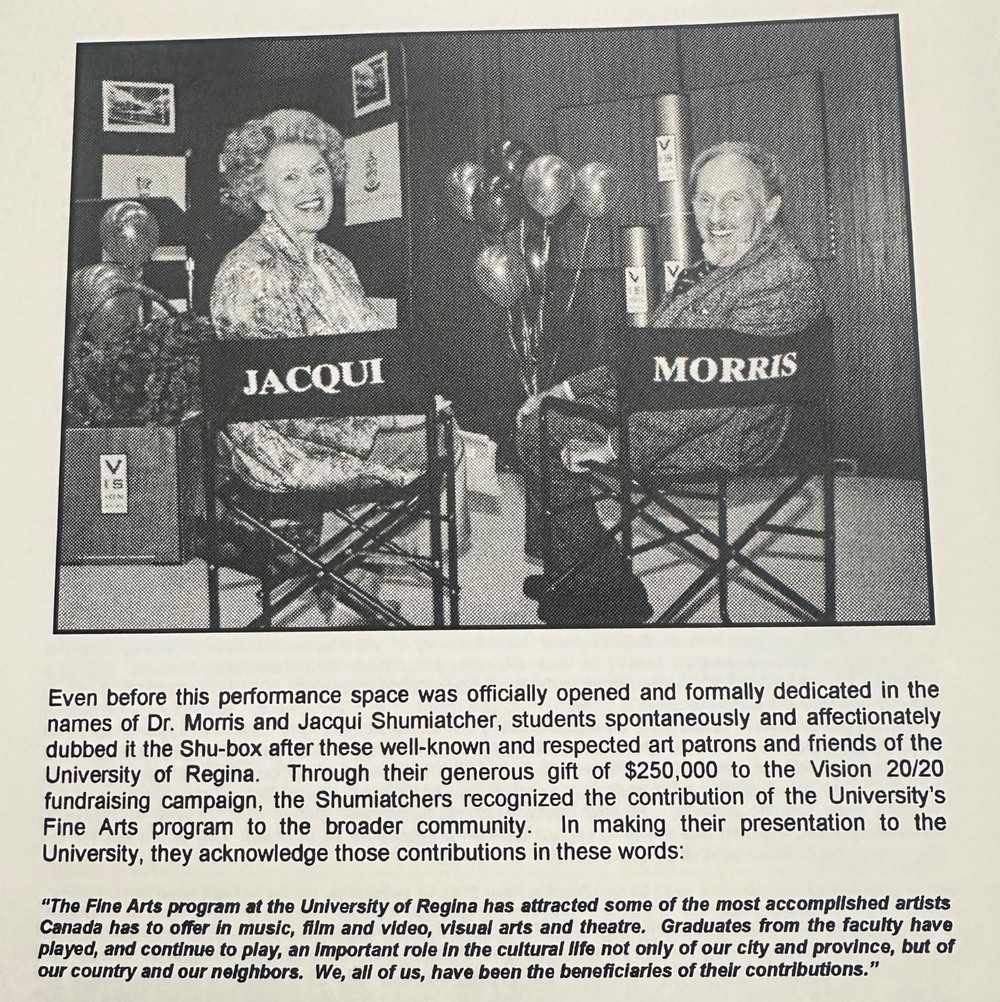
A Brief Intermission
As Shakespeare’s Richard III would say, 2013 marked a winter of discontent for the department. Budget restraints led to the discontinuation of the BFA and the launch of a new Bachelor of Arts in Theatre Studies, which emphasized academic flexibility, opened auditions to those outside the department, and scaled back the number of productions.
“This was a really tough time,” recalls Bracht. “We had incredibly talented young people who were hungry for rigorous training, but the program structure made it challenging to provide that.”
Still, the department didn’t lose sight of its purpose, it continued to evolve. In 2016, the Faculty of Fine Arts became the Faculty of Media, Art, and Performance (MAP), embracing a broader, interdisciplinary vision. Two years later, an external review opened the door for the BFA’s return – but rather than simply reviving the old program – the faculty seized the opportunity to build something new.
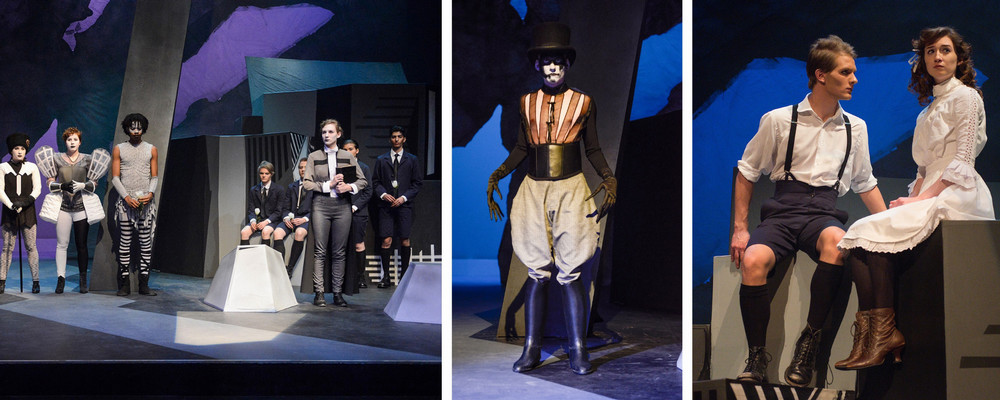
A Bold New Direction
In 2022, the Theatre Department launched two new programs: A Bachelor of Arts in Drama and Theatre Studies and a Bachelor of Fine Arts in Devised Performance and Theatre Creation, introducing a fresh, innovative approach to theatre education unlike anything else in Canada.
“We shifted our thinking. Instead of saying, ‘This is what an actor must be,’ we focus on developing the individual artist,” says Bracht.
The devised program keeps core training in voice, acting, and script analysis, but breaks open the boundaries of traditional theatre education. Students step into every role in a production and graduate ready to create original work and lead in their communities. The model also pushes back against long-held traditions, especially the idea of perseverance at all costs.
“We always teach, ‘The show must go on,’” says Bracht. “But we rarely ask, ‘When is it okay to leave the show?’” Devised theatre flips that thinking. If something isn’t working, you adapt, pivot, and create something new.
Call to Action: Ready to Take the Stage? Join a legacy of innovative theatre-makers at the U of R. Explore our programs today!
That philosophy mirrors the department’s own journey. For 50 years, the University of Regina’s Theatre Department has shown that when faced with challenge, you don’t cling to the old script, you write a new one. Now, as the curtain falls on its first 50 years, its next act is already underway and focused on building a more sustainable future for artists, grounded in bold ideas, collaboration, and care.
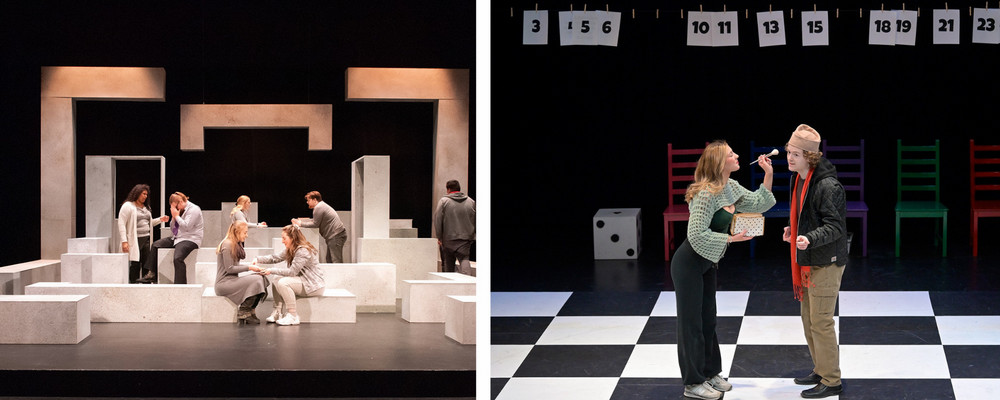
Special thanks to Archer Library & Archives for preserving decades of memories that helped bring our 50th anniversary stories to life.
About the University of Regina
2024 marked our 50th anniversary as an independent University (although our roots as Regina College date back more than a century!). As we celebrate our past, we work towards a future that is as limitless as the prairie horizon. We support the health and well-being of our 17,200 students and provide them with hands-on learning opportunities to develop career-ready graduates – more than 92,000 alumni enrich communities in Saskatchewan and around the globe. Our research enterprise includes 18 research centres and 9 Canada Research Chairs. Our campuses are on Treaties 4 and 6 - the territories of the nêhiyawak, Anihšināpēk, Dakota, Lakota, and Nakoda peoples, and the homeland of the Michif/Métis nation. We seek to grow our relationships with Indigenous communities to build a more inclusive future.
Let’s go far, together.
